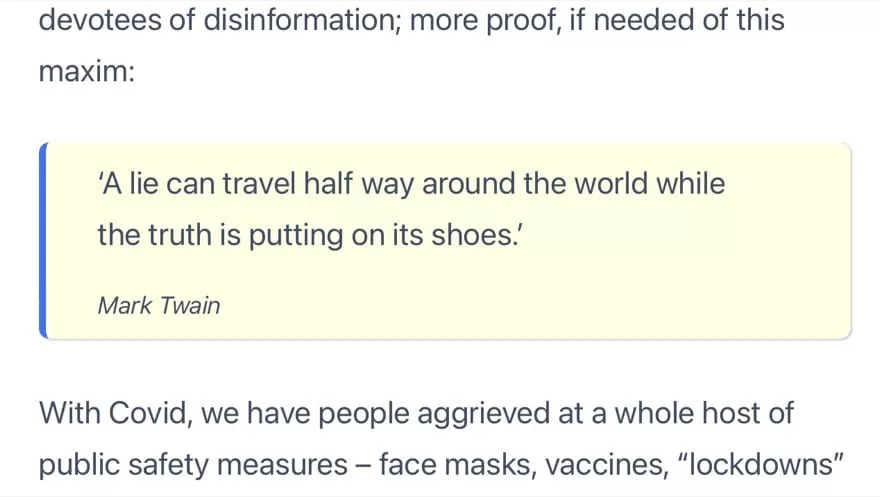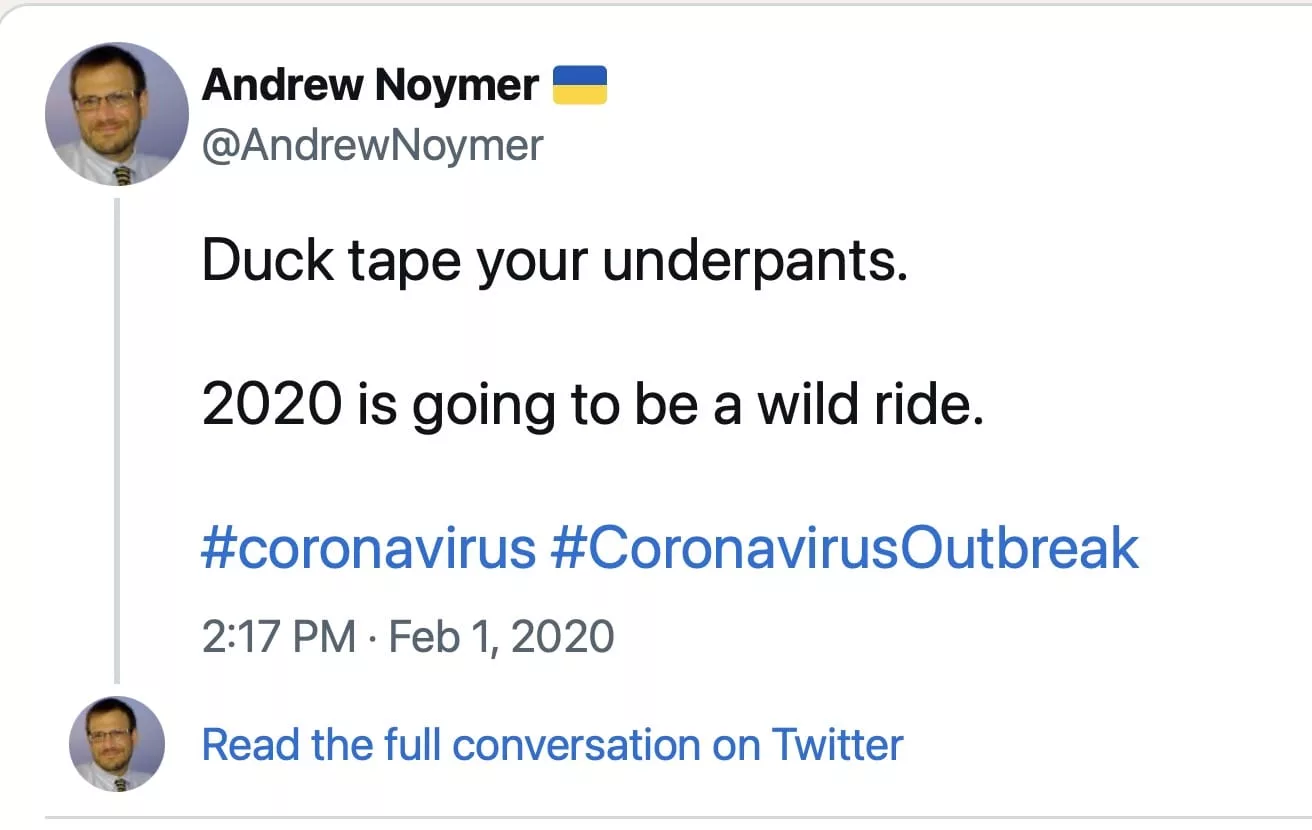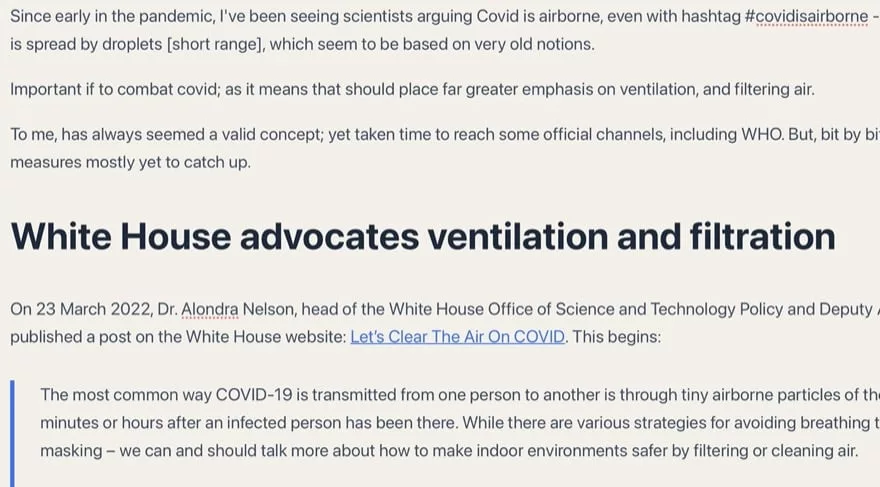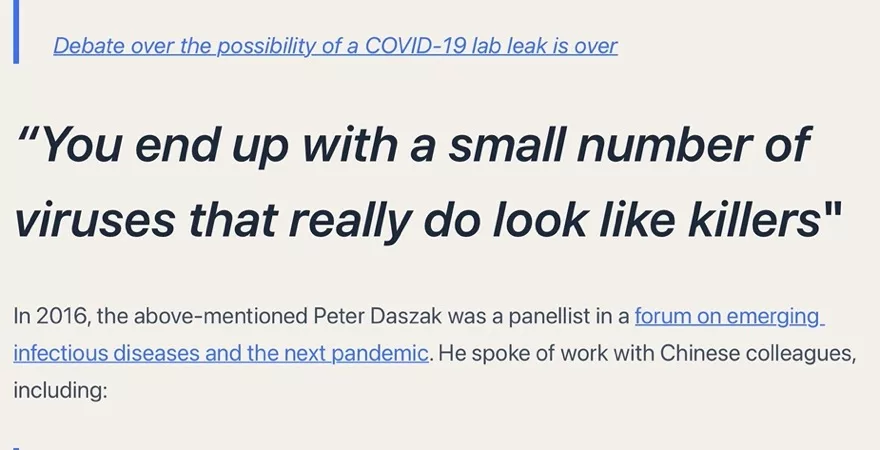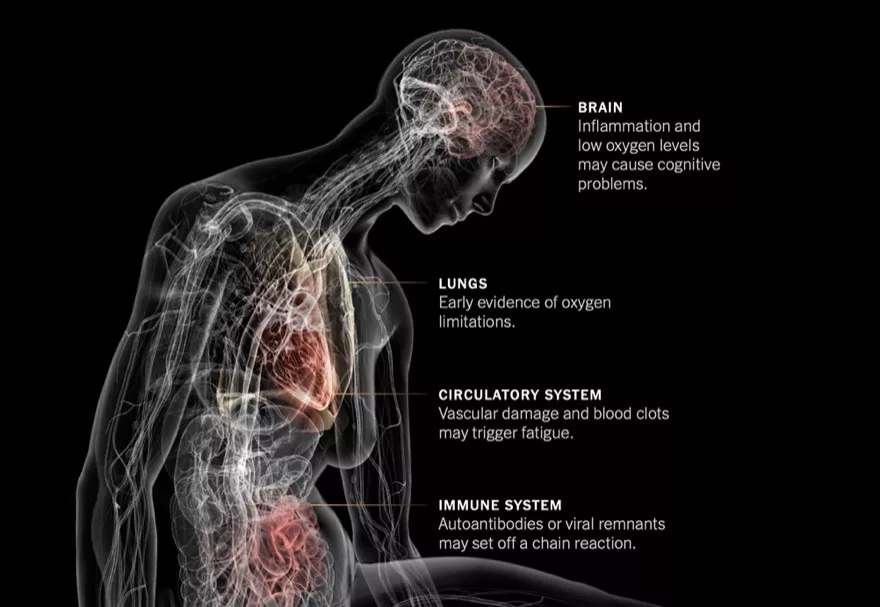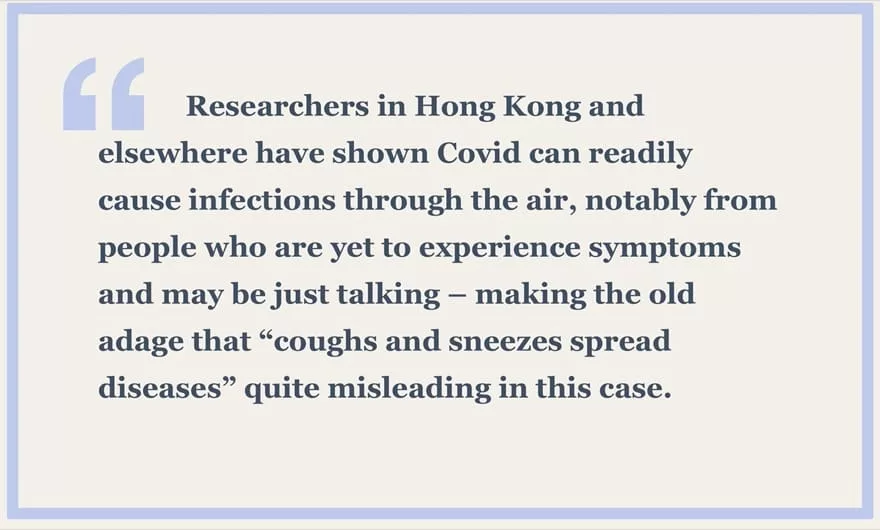Just had one of those silly Twitter “conversations” with someone who had position so fixed, impossible to change with facts. Yeah, reminds me of adage “Don’t mud wrestle with a pig. The pig enjoys it, and you just get dirty.” But, kind of interesting to see how someone set in ideas can’t be swayed – a fact resistant human, as I noted in a tweet.
An anti-masker, as you’ve guessed by now. In one tweet, wrote, “Would serve you well to take on some actual science on the subject. This anti-scientific stance is not leading to a productive conversation.”
Well, I’d already given a couple of links to studies, ie science; but this time I responded with plenty more, and now using for this post.
Science shows masks do work; even if not 100%. And best masks are something like N95 with loops around back of head, apparently, or even better. Followed by KF94 [I use a lot, quite comfortable]; with something like a big fall in efficacy to surgical paper masks, and even cloth masks. Here, then, some snippets from and links to various studies, science articles:
Masks Are a Proved Way to Defend Yourself from Respiratory Infections Respiratory viruses have rebounded hard after COVID seclusion, and masks are one of the best ways to avoid getting them
Masks Are a Proved Way to Defend Yourself from Respiratory Infections
the ratio of incident risk for masked vs. non-masked populations still shows a benefit of wearing masks even with the higher R0 variants.
Evaluation of different types of face masks to limit the spread of SARS-CoV-2: a modeling study
several personal protective and social measures, including handwashing, mask wearing, and physical distancing are associated with reductions in the incidence covid-19.
Effectiveness of public health measures in reducing the incidence of covid-19, SARS-CoV-2 transmission, and covid-19 mortality: systematic review and meta-analysis
Researchers found that surgical masks impede the spread of COVID-19 and that just a few, low-cost interventions increase mask-wearing compliance.
Surgical masks reduce COVID-19 spread, large-scale study shows
When masks are worn and combined with other recommended mitigation measures, they protect not only the wearer but also the greater community.
https://jamanetwork.com/journals/jama/fullarticle/2776536
face masks can indeed play a crucial role.
Face masks play a crucial role, new COVID research confirms
Even moderately effective face masks can play a role in reducing the spread of COVID-19,
Effectiveness of Face Masks in Reducing the Spread of COVID-19: A Model-Based Analysis
“Our results show that interventions such as mask-wearing and social distancing are effective at limiting the spread of respiratory disease,”
Long-term population benefits of wearing masks for endemic infections depend on the biology of transmission and immunity
Can face masks help slow the spread of the virus that causes coronavirus disease 2019 (COVID-19)? Yes.
How well do face masks protect against COVID-19?
Well, all this science didn’t sway the anti-masker, who replied: “Nonsense. Masks have been subject to RCTs long before covid. No real efficacy has ever been determined. Also there is zero difference in the prevalence of respiratory disease in traditional mask wearing countries like Japan, compared to zero mask countries. Masks are a mirage.”
What a lot of codswallop! – unsupported, you may notice, by any actual links to science… So I’ve had a look online, for more info; and found this lengthy review paper, which includes:
A Cochrane review on physical interventions to interrupt or reduce the spread of respiratory viruses included 67 RCTs and observational studies. It found that “overall masks were the best performing intervention across populations, settings and threats.”
… Randomized control trial evidence that investigated the impact of masks on household transmission during influenza epidemics indicates potential benefit.… Overall, direct evidence of the efficacy of mask use is supportive, but inconclusive.
… Our review of the literature offers evidence in favor of widespread mask use as source control to reduce community transmission …. When used in conjunction with widespread testing, contact tracing, quarantining of anyone that may be infected, hand washing, and physical distancing, face masks are a valuable tool to reduce community transmission.
An evidence review of face masks against COVID-19
As to Japan, well that info is wrong too:
The Japanese have a long and well-established tradition of wearing masks, which has proven to be effective in mitigating the spread.
Japan and US are worlds apart on pandemic mortality
… Among G7 countries, the mortality gap between American and Japanese mortality is remarkably large.
Of course, no stopping the dyed-in-the-wool anti-masker with anything like actual science; response was “There has NEVER been a lower prevalence in respiratory diseases in Japan or anywhere else where masks have been worn as part of some social custom compared to other places.” Readily found:
Here, we provide our experience through the flu season of 2020/2021 in Japan, which underscores the importance of wearing masks to prevent coinfection of influenza and COVID-19.
Wearing a mask does indeed matter: Lessons from the 2021 influenza infection season
… it appears that wearing masks, coupled with improvements in hygiene practices, likely contributed to the drastic decline in influenza cases, thereby minimizing co-infection.
Cochrane Review: not gold standard in this case
Took a while, before account responded with a recent Cochrane review suggesting face masks are ineffective; maybe learned of it in an anti-mask echo chamber? This has been responded to, in an article with four expert authors: Yes, masks reduce the risk of spreading COVID, despite a review saying they don’t. Also a Vox piece was critical: The new scientific review on masks and Covid isn’t what you think. Another follow up was in Boston Globe:
the review encompassed primarily studies conducted before the pandemic, which examined the spread of influenza. The flu is far less contagious than COVID-19, which could lead to underestimating the effects of masks. The review also mixed studies of health care workers with those involving the general public, and included studies that couldn’t answer the question of whether people actually wore their masks correctly.
How a flawed study reignited the mask debate
Just found another article:
Tomas Pueyo – a Silicon Valley executive and writer who made headlines with his detailed modelling of Covid’s spread during the pandemic – has weighed in on the debate, poring over the details and claiming what he found was “so ridiculous it was funny”.
… “If you just go to these primary studies, you realise NONE of them support the conclusion of the meta-analysis. Brutal. If you adjust the math accordingly, you find that there’s just two relevant studies … and both say: MASKS WORK,” he continued.
‘So ridiculous’: Major flaw with ‘gold standard’ Covid mask study exposed
And in March 2023, Karla Soares-Weiser, Editor-in-Chief of the Cochrane Library, published a statement on the review, including:
Many commentators have claimed that a recently-updated Cochrane Review shows that ‘masks don’t work’, which is an inaccurate and misleading interpretation.
… Given the limitations in the primary evidence, the review is not able to address the question of whether mask-wearing itself reduces people’s risk of contracting or spreading respiratory viruses.
Statement on ‘Physical interventions to interrupt or reduce the spread of respiratory viruses’ review
Alas, I doubt such info on the review will penetrate the echo chambers of the antimask-o-sphere. But, if you’ve reached this page, at least you’re aware of the serious flaws.
Always wear face mask? – No
But there’s no need to always wear a face mask; instead, aim more for situations when you’ve more chance of catching Covid: Here’s where (and how) you are most likely to catch COVID – new study [includes a handy table, indicating situations where infection is more likely].

